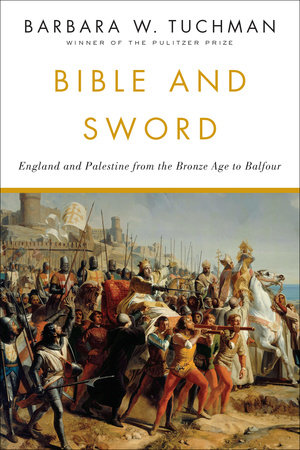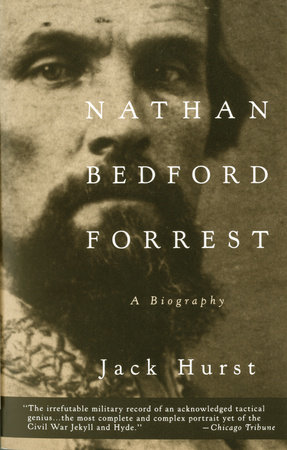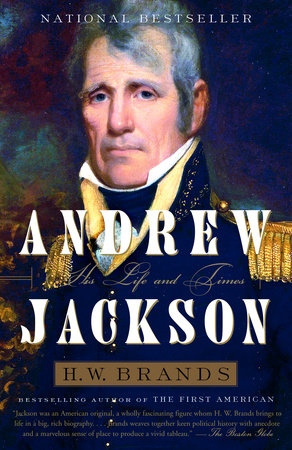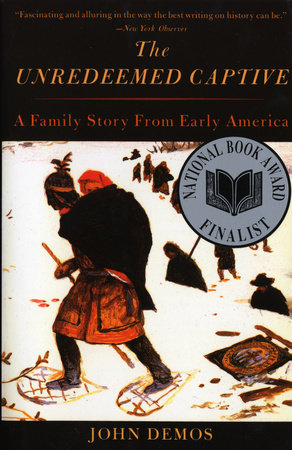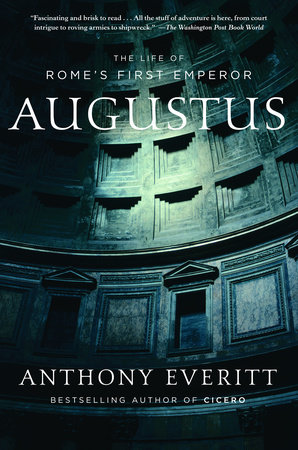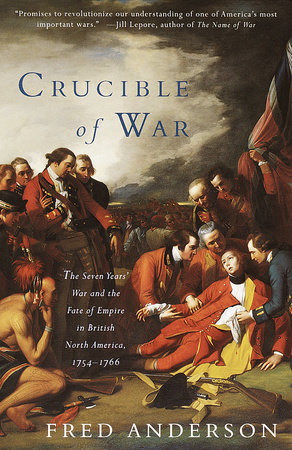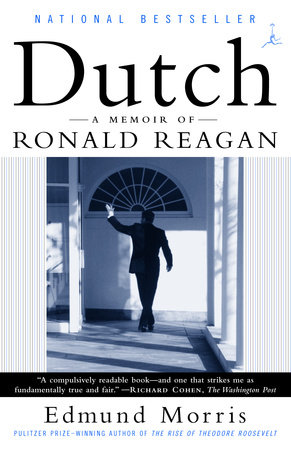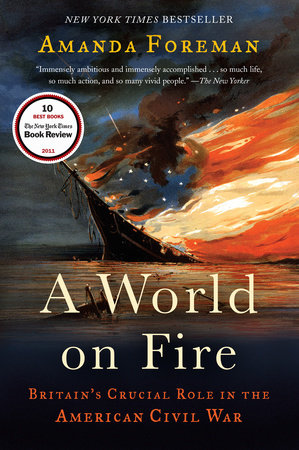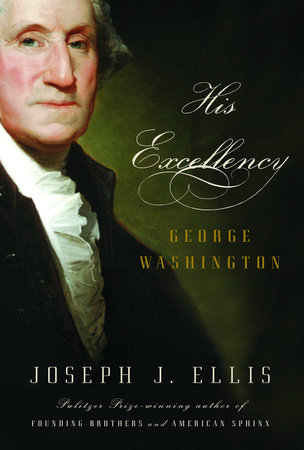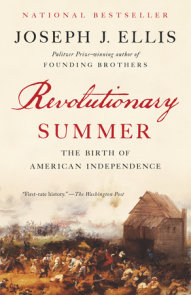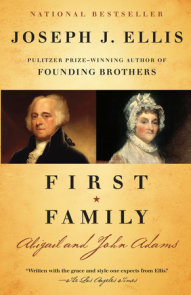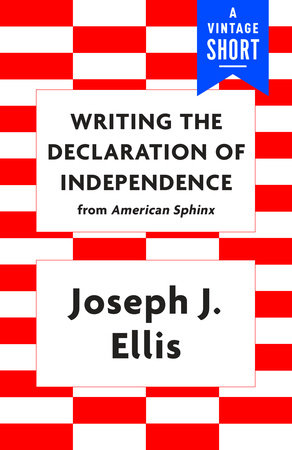7 Facts about George WashingtonWhen Washington died in 1799, he was eulogized as “first in the hearts of his country men.” Since then, however, his image has drifted upward onto Mount Rushmore and inward into the dollar bill. He is on our landscape and in our wallets but not in our hearts. HIS EXCELLENCY attempts to strip away the ivy and mythology that has grown up over the Washington statue and recover the flesh-and-blood man in all his passionate and fully human prowess. Here are seven facts about Washington that you’ll find in the book.1. The mythical rendering of Washington by Parson Weems, his first biographer, is a childish cartoon depicting a boy born with god-like virtues (i.e., “Father, I cannot tell a lie.”) The real Washington was made and not born, and the interior regions of the Washington personality developed during his military campaigns within the interior regions of North America, as a young soldier in the French and Indian War.2. Unlike other American revolutionaries (i.e., John Adams, Thomas Jefferson), Washington became a supporter of American independence for highly realistic reasons. The political and constitutional arguments against Parliament’s power were less important to him than the question of control over the eastern third of the North American continent. The War for Independence was, to be sure, a battle for American rights, but it was also a battle for an American Empire.3. Washington regarded the defeat of the British army in what became the longest declared war in American history as a “standing miracle.” Against his own instincts, which were inherently aggressive, he eventually adopted a strategy of evasion and selective engagement, rooted in the recognition that the British had to win, he had only to avoid losing. The crucial moment in the war was not a battle, but the survival of the Continental Army at Valley Forge. And Washington’s most consequential decision was to order the inoculation of the entire American army against smallpox.4. In his early years at Mount Vernon, Washington was a typical Virginia slave owner who was numb to the moral horror of slavery. His views began to change during the War for Independence, when he commanded a racially integrated army and encountered more liberal opinions in the northern states. By the end of his life he had come to regard slavery as both an economic and moral travesty, and he was the only prominent member of the Virginia Dynasty to free his slaves in his will. That said, Washington’s posture on slavery remained embedded in assumptions that defy our modern sensibilities and that prevented him from taking a leadership role in the national debate on gradual emancipation.5. Though we tend to view Washington’s presidency as the capstone of his career, he saw it more as an epilogue to the central event, which was victory in the War for Independence. No subsequent American president wished to avoid the office more than Washington. On the other hand, no subsequent American president shaped the office more than Washington. He was thin-skinned about criticism and suffered throughout his second term from vicious rumors, spread by Thomas Jefferson and James Madison, that he was nearly senile. He remained, however, an aficionado of exits, and left office in 1797 as the singular symbol of American virtue, the one and only man whom Americans could trust with executive power.6. His greatest disappointment as president was the failure to protect the Native American populations from virtual extinction. He desperately wanted to create secure enclaves for the Native American tribes, guaranteed by federal law and jurisdiction. Despite devoting more time and energy to this task than any other domestic policy issue, he discovered that it was political and logistically impossible to enforce his vision of Indian rights.7. The American Revolution succeeded in part because of the impressive collection of political talent that emerged in the crucible of the crisis. Within that collection, Benjamin Franklin was probably the wisest, Alexander Hamilton the most brilliant, John Adams the best read, Thomas Jefferson the most intellectually sophisticated, James Madison the most politically astute. And yet each of them, to a man, acknowledged Washington to be his superior, the only indispensable figure, the one and only His Excellency. Both physically and politically, he towered over his peers for reasons this book attempts to recover.



